Labour Party Conference
The Labour Party concluded their autumn conference this week. Here are the key pledges from Angela Rayner’s (Shadow Education Secretary) speech:
- Ending the Tories’ academy and free schools programmes. (This should be interpreted as the end of new academies and free schools rather than bringing them all back under LA control.)
- Allowing councils to build schools, create new places and take back control of admissions from academy trusts.
- Allow local authorities to take control of failing academies.
- Stopping fat cat pay for bosses and restoring fair pay for staff (there’s no detailed pay policy for education from Labour but expect there 20:1 pay ratio to apply here as a minimum).
- The re-emergence of cooperative schools as part of the biggest schools building programme ever, backed by £8bn of investment (this will also help modernise schools to improve their accessibility).
- Scrapping the Conservative early years model and introducing “a new public service, offering free early education for all two to four year olds and reinventing our state nurseries.” Rayner called this, “A policy as radical as anything proposed by any Labour government in our history”.
- Integrated HE and FE and invitation of experts to proposed Lifelong Learning Commission headed by Shadow Minister, Gordon Marsden. Free (no fees) FE and HE.
Internal BU readers can also read the summary from the Labour Party fringe NEON event: Open to all? Making the case for HE, and the fringe Immigration discussion – What Skills-Based Immigration System is Best for Britain?
The Conservative Party Conference starts this weekend.
Reputational issues – Essay Mills
With the Radio 4 Today programme in Newcastle this week, there was a lead story on contract cheating, and initiatives such as the current petition to ban essay mills. 40 VCs signed a letter to the Minister arranged by UUK.
- Legislation will not be a magic bullet; it is, however, a vital part of the broader package of measures. Legislation would, amongst other advantages, shut-down UK-based essay mills; prevent the advertising of their services near campuses and in public places such as the London Underground; enable the removal of essay mills from search engine findings and prevent UK-based companies from hosting online advertisements for essay mills.
- Most importantly, it will send a clear statement to the global Higher Education sector that the integrity of a UK degree is valued by the government. Any legislation would need to be carefully crafted, in particular to ensure that the law targeted the essay mills themselves, and did not criminalise students or legitimate educational services.
There is a HEPI blog by Michael Draper and Philip M Newton of Swansea University looking at the law and how this might work in practice – a criminal offence based on strict liability with the offence as follows:
- completing in whole or in part an assignment or any other work that a student enrolled at a Higher Education provider is required to complete as part of a Higher Education course in their stead without authorisation from those making the requirement.
They also note a range of current activity including by the QAA.
Responding to the letter from vice chancellors, Nicola Dandridge, chief executive of the Office for Students, said:
- “The rise in the use of essay mills in recent years has sought to turn cheating into an industry. Essay mills are deeply unethical, and their operation is unfair on the vast majority of students who hand in their own work.
- “The Office for Students has a central role to play in ending essay mills; universities and colleges wishing to register with us must demonstrate that they are protecting the reliability and credibility of degree standards. We will work closely with the Government and the whole higher education sector in a collective effort to close these operations for good.”
Read more on Wonkhe: More than 40 university vice chancellors have written to universities minister Sam Gyimah calling for a ban on essay mills. The BBC and ITV News have the story.
Rankings
The Times Higher Education World University Rankings 2019 results were announced on Wednesday. BU is ranked within the 501-600 position. Oxford and Cambridge remain the two top institutions but the rankings also reveal the UK national picture is one of ‘modest decline’ as Japan overtakes the UK to become the second most representation nation behind the US. China has also stepped up its ascent, with the country now home to the top institution in Asia for the first time under the current methodology.
Alistair Jarvis, Chief Executive of Universities UK, said:
- “What is clear from all the various international rankings is that the UK continues to have one of the strongest university sectors in the world. This is based on our well-deserved international reputation for high quality teaching, learning and research, delivered by talented and dedicated staff. But we know that other countries are seeing the benefits of higher education and are investing heavily in developing their universities. If the UK is to maintain its leading position, we must match this investment, and ensure that the UK projects a more open and welcoming message for talented international staff and students. This is more important than ever as Brexit negotiations near their end and the UK looks to enhance its place in the world.”
Fees and funding
There is a Wonkhe blog on How to target maintenance grants by Sarah Stevens, the Head of Policy at the Russell Group. The RG have been calling for maintenance grants as part of the post-18 review.
- The Russell Group asked London Economics to model various options to help inform our submission to the government’s review of post-18 education and funding. One option stands out as striking a balance between providing more generous support for students from the most deprived backgrounds and remaining cost-effective for taxpayers: introducing a living wage maintenance grant for those students eligible for free school meals (FSM) during their school years.
- Giving each FSM-eligible student access to an annual maintenance grant broadly equivalent to the national living wage (around £8,200) would significantly reduce (by £27,800, assuming they choose not to also take up loans) their total notional debt on graduation This should help to address concerns about affordability and debt burden for these students.
- While this policy would add around £200m to the deficit, the long-run cost is likely to be much lower. This is because of the signalling effect which may help to drive social mobility, and because there would likely be a smaller outstanding loan book that would then need to be written-off after 30 years. Such an approach would also mirror some of the reforms which have emerged from the Diamond Review in Wales, which establishes a link between student living costs support and the national living wage.
Access, participation and outcomes
HE Participation rates (Dods): The DfE have published statistics revealing the latest provisional participation rates for HE. The HEIPR is an estimate of the likelihood of a young person participating in HE by aged 30.
Key Findings:
- The provisional HEIPR has increased 0.7% to 49.8% in 2016/17
- The gender pay gap in participation has increased from 11.5% to 12.4% in 2016/17
- Individuals are more likely to participate in HE for the first time at age 18 than any other age. The initial participation rate for 18 year olds is at 28%, up 0.9% from 2015/16
Widening Participation and Achievement
Not a week can pass without a Government official naming the Post-18 Review of Education and Funding as the imminent golden ticket for solving the latest thorny problem. This week it’s a parliamentary question on mature students. What is interesting is that the question focuses on mature learners studying up to level 5, rather than tackling a full degree:
Q – Lord Allen Of Kensington: What steps they are taking to increase the number of mature students studying part-time for level 4 and level 5 qualifications in England.
A- Lord Agnew Of Oulton:
Studying part-time and later in life can bring considerable benefits for individuals, employers and the economy. For the first time this academic year, part-time students will be able to access full-time equivalent maintenance loans.
The Review of Post-18 Education and Funding will look at how we can encourage learning that is more flexible, like part-time, distance learning and commuter study options. In addition, the Department for Education is undertaking a review of level 4 and 5 education, focusing on how technical qualifications at this level can better address the needs of learners and employers.
As part of the review, we want to ensure that any considerations are properly addressed and that provision helps support progression for learners of all backgrounds, including young people and more mature learners looking to upskill or retrain.
We expect to publish level 4-5 proposals for consultation alongside the conclusion of the Post-18 Review in early 2019
There was a Wonkhe blog on participation that highlights some challenges for the sector
- There are in the territory of 40,000-60,000 of each of the under-represented group(s) ‘missing’ from HE, compared to if they had the same entry rate as other group(s).
- Increases in the entry rate of the lowest entry rate group (Q1) since 2012 has been very strong – but this has changed in 2018. Typically, young people in these areas have been around 4% to 8% (proportionally) more likely to go to university every year. This year that growth in university entry chances has collapsed to almost zero. Only the fee-perturbed year of 2012 was worse.
- As a triple (low growth, low equality reduction, high target deviation), this is arguably the worst set of POLAR data on record. There would be another 57,000 18-year-olds from England (65,000 at the UK level) starting at university this Autumn if young people in lower entry rate neighbourhoods (quintiles 1, 2, and 3) went to university at the same rate as their peers living elsewhere.
- In 2018 the UK entry rate for 18-year-old men at day 28 was 27.8%, up just 0.1 percentage points. For women 38.1%, also up by not much (+0.4 percentage points), but still four times more than for men. It seems that the slowing overall entry rate has hit men harder, pushing the university gap between men and women to a new record. Young women are now a startling 37% more likely to enter HE than men. The absolute percentage point gap between men and women has gone past 10 percentage points for the first time at 10.3 percentage points. These differences equate to 38,000 men not starting at university this autumn compared to what we would see if men had equal entry rates with women.
- In 2018 there were around 50,000 fewer 18-year-olds from the white ethnic group starting university compared to if they had the same average entry rate (39.6%) as young people from ethnic groups with entry rates higher than average.
Value for money
From Wonkhe: The Guardian has a collection of letters, including one from UUK chief executive Alistair Jarvis, responding to Aditya Chakrabortty’s recent criticism of the university system for failing to deliver on its promises. (Wonkhe, Tues)
Research
Wonkhe report that: The new Administrative Data Research Partnership (ADRP) aims to maximise the potential of administrative data as a resource for research in the UK. Supported by £44 million from the Economic and Social Research Council (a part of UK Research and Innovation – UKRI), the ADRP will seek to provide a secure route for accredited researchers to use de-identified data from across government departments, local authorities and health authorities. This replaces the Administrative Data Research Network, which was funded for five years up until July this year.
Brexit – Horizon 2020
Last week we mentioned that UKRI is gathering basic information about recipients of Horizon 2020 grants. The bespoke portal for the information gathering was launched on Thursday and aims to support continuity of funding. UKRI have undertaken to keep UK researchers and businesses registering their project on the portal informed of the next steps if the government needs to underwrite Horizon 2020 payments. The UK and the EU’s intention remains that UK researchers and businesses will continue to be eligible to participate in Horizon 2020 for the remaining duration of the programme (as set out in the Financial Provisions of the draft Withdrawal Agreement). The portal will also act as a safety net whereby the Government can plan to ensure that cross-border collaboration in science and innovation can continue after EU exit.
Sam Gyimah said:
- “It is imperative that we support our world-class researchers, businesses and scientists to continue to collaborate with EU partners after exit. While we do not want nor expect no deal, it is right that we plan for every eventuality. The launch of the new UKRI portal today is the next step in our commitment to the recipients of Horizon 2020 funding that we will guarantee funding for the duration of the programme.
- The UK government announced 2 years ago that it would underwrite UK funds for all EU-funded projects successfully bid for while the UK is a still a member of the EU. In July of this year an extension to that guarantee said that funding for UK participants successfully bid for from exit day until the end of 2020 would also be guaranteed by the UK government, in a no deal scenario. Last month the UK government announced that if the underwrite needs to come into effect, UKRI is the partner of choice to deliver it. To ensure UKRI is ready for that eventuality, specialist teams have developed a bespoke portal designed to capture basic information about recipients’ grants and identify a relevant contact at the participating organisation for the project, likely to be the LEAR (Legal Entity Appointed Representative), so that they can be informed of the next steps in the process. Those in receipt of Horizon 2020 grants need to input their information into the system as soon as possible.”
UK Research and Innovation Chief Executive, Professor Sir Mark Walport, said: “I urge our partners in research and business to work with us to capture the information we need via this portal.”
See the Government’s press release or register on the portal.
Nature science journal released the article – Six months to Brexit: how scientists are preparing for the split
Brexit – Intellectual Property and Patents
The Government announced further publications within the No Deal Brexit preparation series this week. Four documents deal with the technicalities surrounding intellectual property:
The key message is that
- EU legislation will be retained under the EU Withdrawal Act. For patents, for example, this would mean that in the case of a no-deal Brexit, existing systems would remain in place, operating independently from the EU regime, with all the current conditions and requirements. Concerning copyright, the UK would seize to fall under the EU Directives and Regulations on copyright and related rights and would be treated by the EU as a third country. Here, the notice states that the UK Government would make adjustments under the powers of the Withdrawal Act to ensure the retained law can operate effectively.
Consultations
Click here to view the updated consultation tracker. Email us on policy@bournemouth.ac.uk if you’d like to contribute to any of the current consultations.
No new consultations or inquiries this week, however, we are expecting a consultation on grade inflation to be announced in November.
Other news
- CMA new starts: View the new appointments to the Competition and Markets Authority here.
- Regional revolution: The Centre for Social Justice released a press statement urging the Government to take action on non-London regions if they want to deliver on the aspirations of the Industrial Strategy and the technological and AI changes that are being called the 4th Industrial Revolution. Read the succinct summary here.
- Bloomberg Global Business Forum: The PM gave her Bloomberg speech on Wednesday touching on the industrial strategy and encouraging global businesses to establish within Britain
- The Budget: Philip Hammond announces the budget will take place on 29 October, via Twitter.
- Student Drinking: A NUS survey announces trends to student drinking at university. Read the key findings here.
- Data Futures: HESA blog on the release of the full Student 2019/20 Data Futures specification.
Subscribe!
To subscribe to the weekly policy update simply email policy@bournemouth.ac.uk
JANE FORSTER | SARAH CARTER
Policy Advisor Policy & Public Affairs Officer
66724 65070
Follow: @PolicyBU on Twitter | policy@bournemouth.ac.uk
 As previously announced, RKEO will host seminar on EU funding opportunities (FG06, Talbot Campus, Fusion Building) on 10th October 2018. Sessions will be delivered by European Advisor of the UK Research Office Dr Andreas Kontogeorgos.
As previously announced, RKEO will host seminar on EU funding opportunities (FG06, Talbot Campus, Fusion Building) on 10th October 2018. Sessions will be delivered by European Advisor of the UK Research Office Dr Andreas Kontogeorgos. 11:30 – 12:00 – Brexit News, Q&A (to be continued during lunch if necessary)
11:30 – 12:00 – Brexit News, Q&A (to be continued during lunch if necessary)



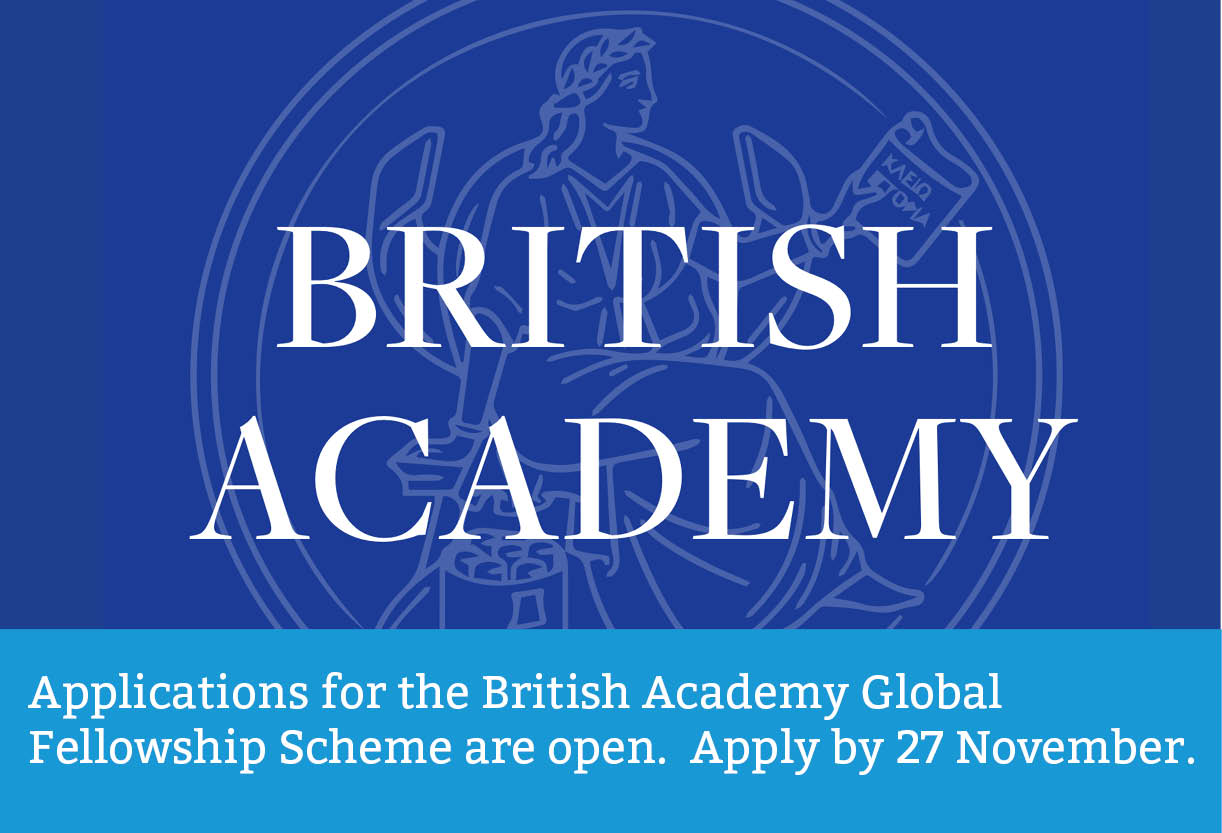
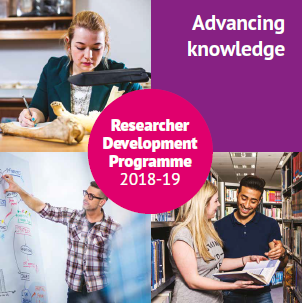
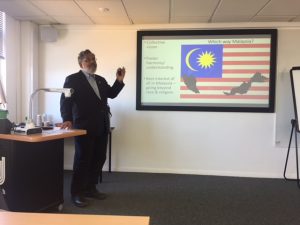







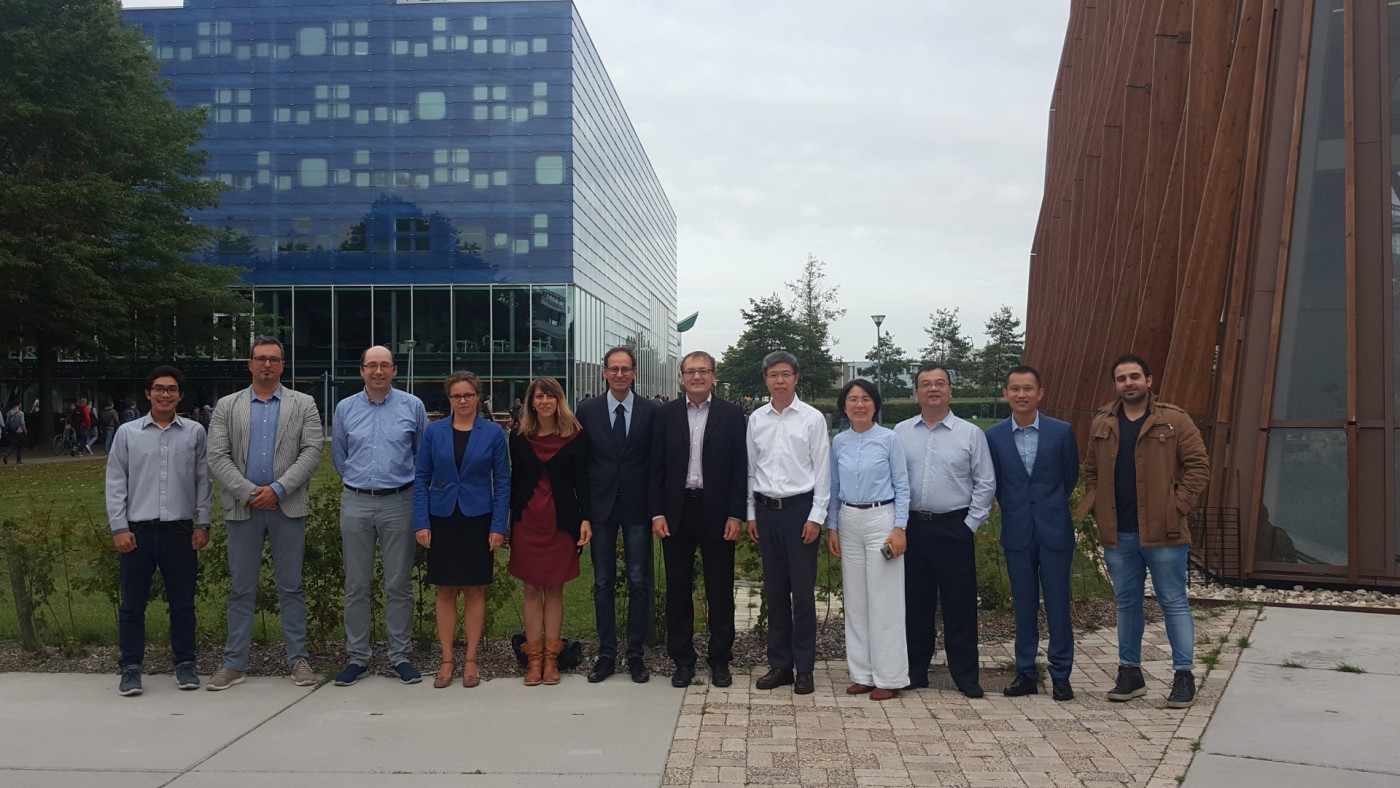
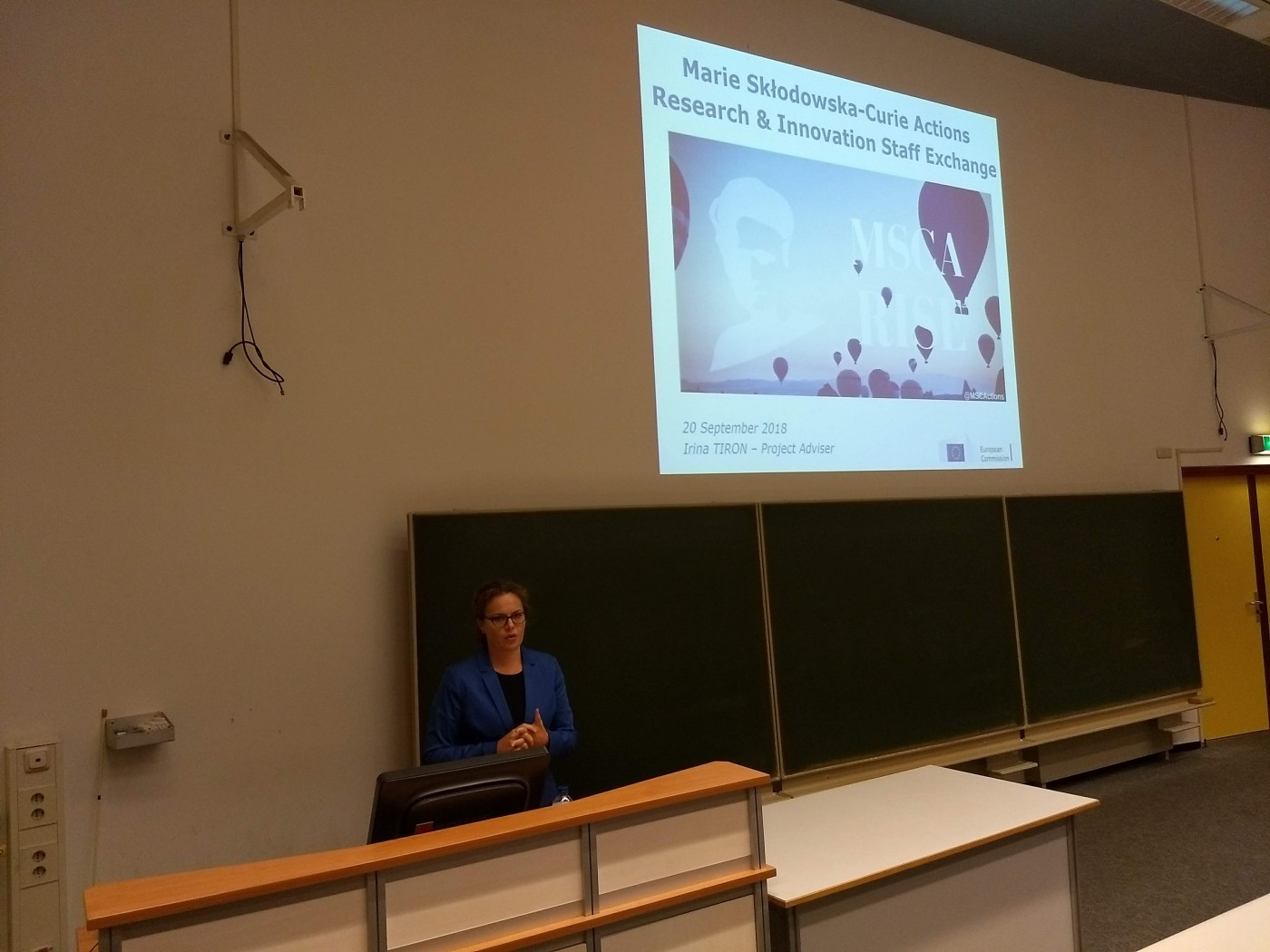
 All this week, The Arts by the Sea Festival large outdoor screen will host documentaries and short films showcasing BU research which explore everything from food poverty to human computer interaction, the genetics of mental health, and the experiences of older male carers.
All this week, The Arts by the Sea Festival large outdoor screen will host documentaries and short films showcasing BU research which explore everything from food poverty to human computer interaction, the genetics of mental health, and the experiences of older male carers. Every BU academic has a
Every BU academic has a  By clicking on this box, on the left of the Research Blog home page just under the text ‘Funding Opportunities‘, you access a
By clicking on this box, on the left of the Research Blog home page just under the text ‘Funding Opportunities‘, you access a 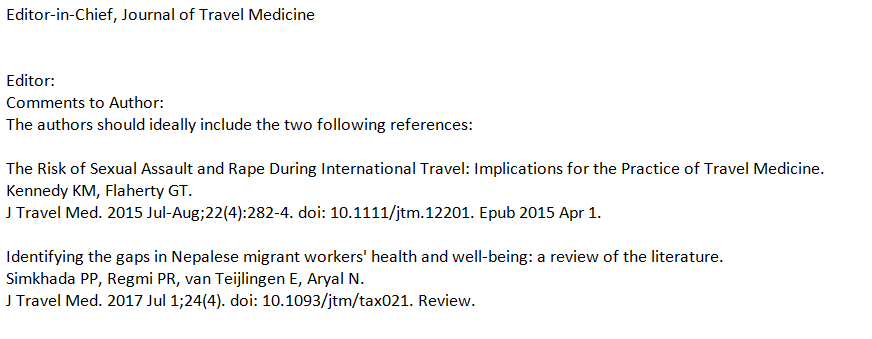











 Fourth INRC Symposium: From Clinical Applications to Neuro-Inspired Computation
Fourth INRC Symposium: From Clinical Applications to Neuro-Inspired Computation Writing policy briefs
Writing policy briefs Upholding Excellence: The Concordat to Support Research Integrity
Upholding Excellence: The Concordat to Support Research Integrity Today’s Documentation Will Serve Tomorrow’s Justice
Today’s Documentation Will Serve Tomorrow’s Justice ECR Funding Open Call: Research Culture & Community Grant – Application Deadline Friday 12 December
ECR Funding Open Call: Research Culture & Community Grant – Application Deadline Friday 12 December MSCA Postdoctoral Fellowships 2025 Call
MSCA Postdoctoral Fellowships 2025 Call ERC Advanced Grant 2025 Webinar
ERC Advanced Grant 2025 Webinar Horizon Europe Work Programme 2025 Published
Horizon Europe Work Programme 2025 Published Horizon Europe 2025 Work Programme pre-Published
Horizon Europe 2025 Work Programme pre-Published Update on UKRO services
Update on UKRO services European research project exploring use of ‘virtual twins’ to better manage metabolic associated fatty liver disease
European research project exploring use of ‘virtual twins’ to better manage metabolic associated fatty liver disease